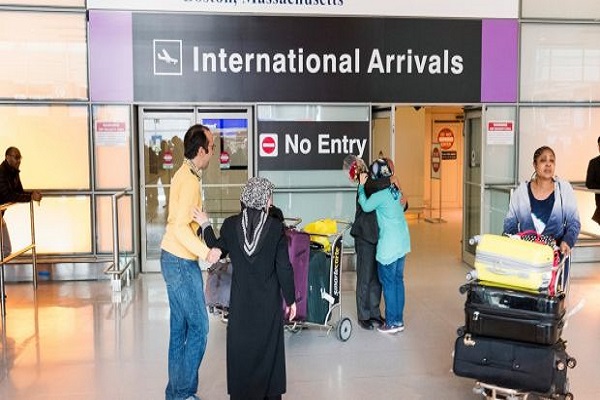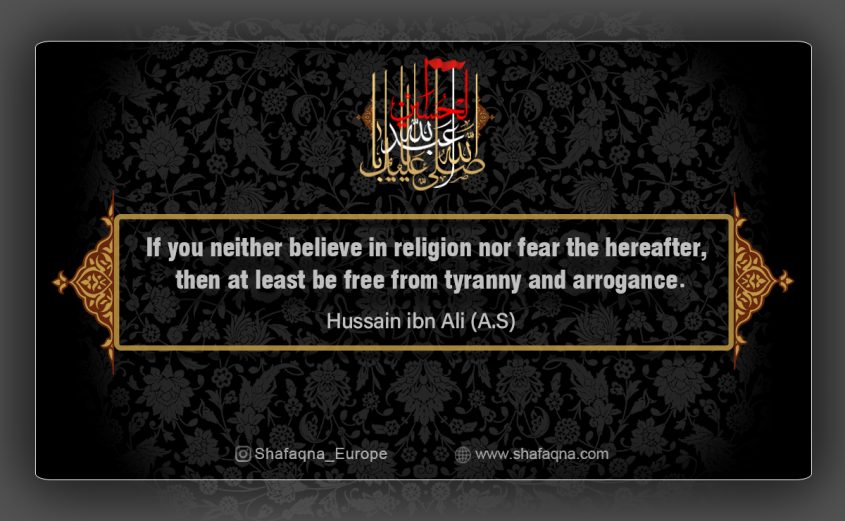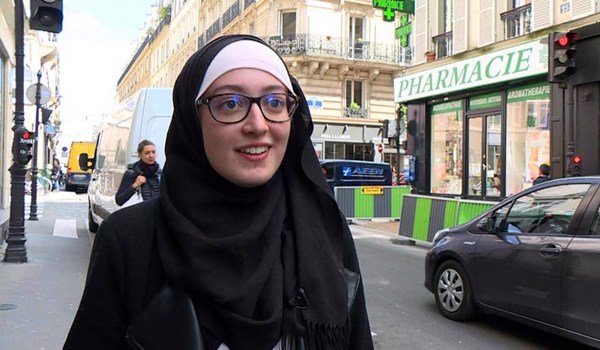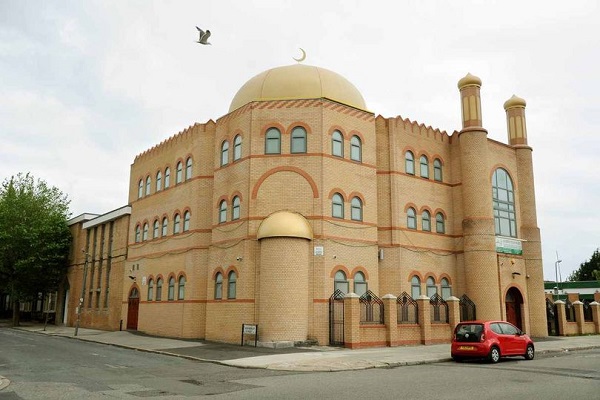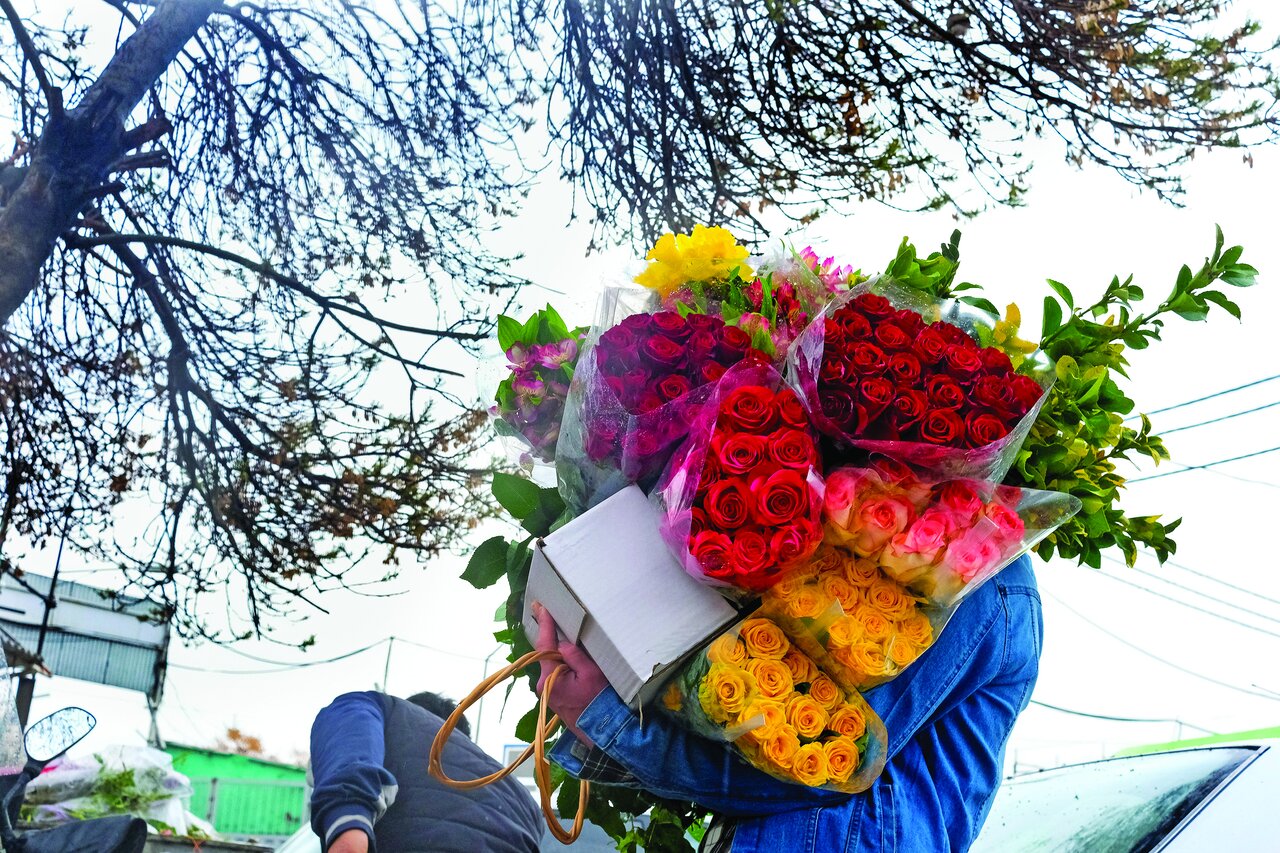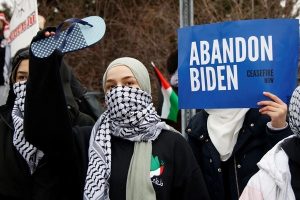According to Rahyafte(the missionaries and converts website)The survey, which was authored by institute Director Elsadig Elsheikh and researcher Basima Sisemore, took into account the responses of 1,123 Muslim residents who work or live in America, according to Sisemore.
“One of the overarching takeaways for me personally was how prevalent and pervasive Islamophobia is, and just how profound of an impact it has on the lives of Muslim Americans,” Sisemore said in an email. “We know that Islamophobia exists and that it’s not new to the United States, however, the consensus of US Muslims affirming this reality was shocking.”
Sisemore noted that 67.5% of the participants had experienced Islamophobia in their lifetimes and that 62.7% of participants, said their friends or family had been impacted by discriminatory federal and state policies. Furthermore, 93.7% of the respondents said their emotional well-being had been impacted by Islamophobia.
“Broadly speaking, when it comes to religious discrimination, we have less consciousness of it as a factor and as a dynamic,” said Ethan Katz, campus associate professor of history. “Of course in the case of Muslims, Muslims are racialized as we say in America — it’s not simply religious intolerance but it’s often very closely related to perceptions about Islam as a faith.”
The study also highlighted that Muslim women in the United States are more likely to face religious discrimination than men, with 76.7% of women responding that they have experienced Islamophobia compared to 58.6% of men.
Katz attributed the higher percentage of Muslim women facing Islamophobia to three reasons: the heightened scrutiny of women who choose to wear traditional Islamic attire, misconceptions about the relationship between Islam and gender and women’s increased awareness toward issues of bias compared to men.
Maha Hilal, co-director of Justice for Muslims Collective, added that the study noted that Muslim people were hesitant to interact with other Muslim people, calling it a “manifestation of internalized Islamophobia.”
“It’s a problem when you’re afraid to associate with your own community, especially in situations where you’re experiencing a specific type of oppression,” Hilal said. “It’s often the case that you find solidarity in a community that you need and will understand you.”
Sisemore also acknowledged campus professor Hatem Bazian’s Islamophobia Research and Documentation Project as a testament to challenging religious discrimination on campus.
She added that the survey also yielded “uplifting” findings, showing that Muslim residents seek a sense of belonging for themselves and their children, and “they strongly believe in the ideals of pluralism and racial equity.”
However, there is still more that could be done to welcome the Muslim community in Berkeley and the Bay Area, Sisemore noted.
“We need to confront Islamophobia both in relation to government actions and also within our social and cultural institutions,” Sisemore said in an email. “We need to continue building power and strength within our communities and to continue building our organizing power to demand respect and dignity for Muslim Americans and Muslim communities.”
Source: dailycal.org
